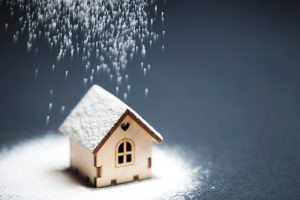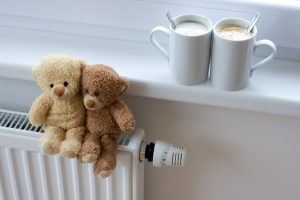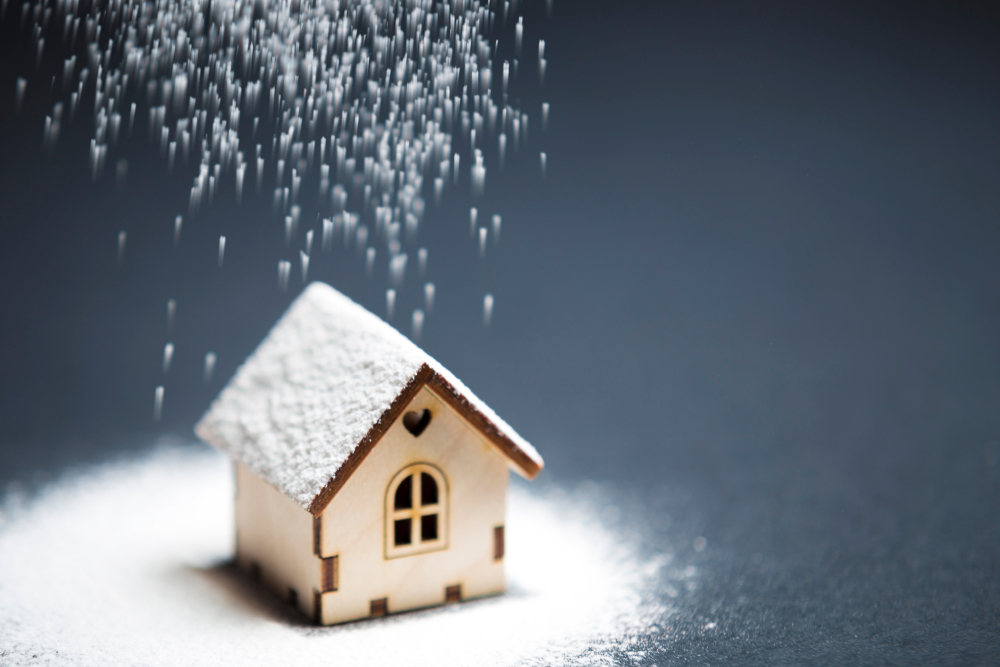Homeowners are being urged to check their home insurance covers boiler breakdowns and heating faults after analysis revealed less than a fifth of policies provided this protection.
 As the cold weather sets in and much of the UK is blanketed in snow, Defaqto – an independent financial research company – has flagged up a potential gap in many home insurance policies.
As the cold weather sets in and much of the UK is blanketed in snow, Defaqto – an independent financial research company – has flagged up a potential gap in many home insurance policies.
It said of 337 home contents insurance policies currently on the market, less than a fifth (19%) included cover for home emergencies, such as boiler breakdown, as standard.
Buildings insurance did not offer much of an alternative, it said, with less than a quarter (22%) of the 311 policies currently on the market providing cover for home emergencies, as standard.
For those looking to protect their homes this winter, approximately half of all contents and buildings insurance policies currently on the market offer ‘home emergency’ cover as an optional add-on.
Is it worth getting boiler cover?
Boiler breakdown insurance offers protection against the cost of future repair. These products cover the cost of any repairs to a boiler to get it up and running again but they do not necessarily replace it if it is broken.
Many, said Defaqto, include an annual boiler service. With a new boiler and installation costing anywhere upwards of £1,500, 78% of policies available (35 out of 45) will cover costs of at least £500 or more to help towards a replacement boiler. Defaqoto revealed 13 policies (29%) offered unlimited cover towards replacement. However, there will be exclusions based on the age and power output of the boiler.
What about home emergency cover?
Home emergency insurance covers a range of emergencies – not just boiler reapir. It is designed to help people who have been struck by a problem in their property and it enables them to make their home safe again or reinstate essential services.
Defaqto said it offered more comprehensive cover than boiler breakdown insurance and could provide some peace of mind heading into the winter months when homes were at risk of central heating failure, burst pipes, electrical failure and roof damage caused by extreme weather.
It can sometimes be added on to home contents and buildings insurance and packaged bank accounts or offered through utility providers- so check if you already have cover in place.
Also, check for any exclusions, before buying a new policy. It can be bought as a standalone product and there are currently, 100 such policies available in the market place, said Defaqto.
Angela Pilley, insight consultant at Defaqto, said: “With much of the country under snow this morning, having hot water and heating becomes a higher priority again. With the cost of energy a concern for many, any additional unexpected costs could prove problematic.
“A boiler repair or replacement can be extremely costly and if you don’t have the funds to pay for this, then a boiler breakdown policy may be a good option for you.
“Extreme winter weather can also bring unexpected and unpleasant events such as high winds, flooding or very icy conditions which can lead to homes losing roof tiles, frozen pipes bursting or a breakdown in heating systems.
“Those homeowners looking for a more comprehensive cover may find a home emergency policy provides greater comfort, however the extent of cover can be limited, so it’s always worth checking the market to find a policy that’s right for your circumstances.”
How to ensure you are protected this winter
Here are some tips from Defaqto to help ensure you and your home stay as well protected as possible this winter.
- Check what cover you already have with your home insurance policy
- Check for any exclusions, such as the age or power output of the boiler and whether it needs to be regularly serviced or inspected
- If you bought your boiler within the last few years, check what cover the manufacturer gives as standard under the warranty, and check for any exclusions
- If you have a heating system that is powered by an electric boiler, solar or solid fuel, check whether your policy includes cover for this as many do not.
 Here’s what you need to do, according to Defaqto, to stop pipes freezing
Here’s what you need to do, according to Defaqto, to stop pipes freezing
- Taking some simple steps, like insulating water pipes and water tanks in the loft, using draught excluders around doors can help keep your home warm and reduce energy bills. More information here.
- If you have a smart thermostat, most will have an anti-frost setting to keep your home heated to a very minimal temperature that will stop pipes from freezing.
- If you do not have a smart meter, most radiators will have a setting with a snowflake symbol – turn to this setting to allow minimal water flow between pipes and radiators to prevent freezing. Consider setting the heating on a timer if you are going away.
- Know where your stopcock, that turns off the incoming water supply, is and test that it works. It is usually found under the kitchen sink. If you cannot locate it, ask a neighbour, or seek advice from an approved plumber.
- If you are going on holiday, or leaving your home unoccupied, consider turning off the water at the stopcock to reduce the risk of pipes freezing and bursting.
- If you plan to leave your home unoccupied check your home insurance policy to see if there are any restrictions in cover or specific requirements if your home is left unoccupied for more than a specified period of time, such as 30 days or more.
- Repair any dripping taps. This will help prevent water from freezing.
- If your pipes freeze immediately turn the water mains off via the stopcock. Wait for the pipes to warm up, or you can try and thaw them with a hot water bottle. Do not attempt to dislodge the ice using a hammer or melt it with a blow touch, it is highly likely that this will cause more damage.
- Move any possessions, such as furniture or clothing, which are near frozen pipes in case the pipe bursts.
- Finally, be prepared and make sure you have the emergency contact details for your insurance provider or emergency plumber should you need them.














